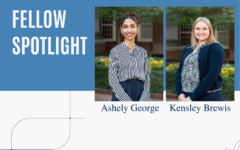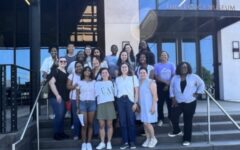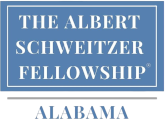Fellow Spotlight: How one Schweitzer Fellow is advancing the fight for environmental justice
October 30, 2025 2025-10-30 11:40Fellow Spotlight: How one Schweitzer Fellow is advancing the fight for environmental justice
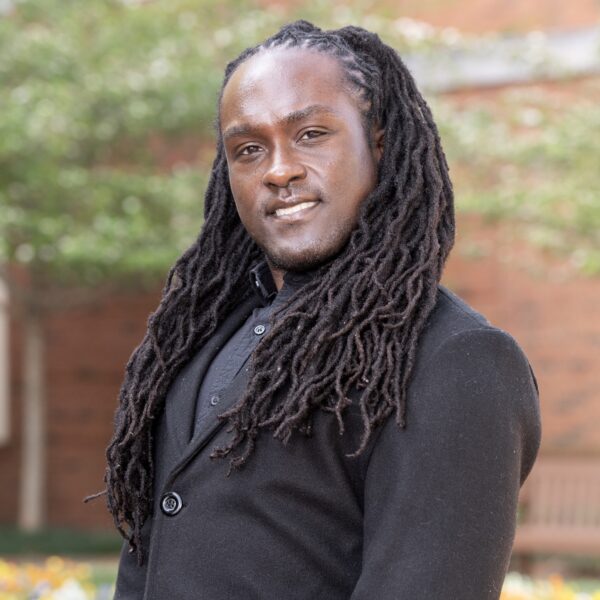
Fellow Spotlight: How one Schweitzer Fellow is advancing the fight for environmental justice
By: Javacia Harris Bowser
Albert Schweitzer Fellow Shaul Gayle has a strong passion for environmental justice, and as they embark on their 2025-2026 ASF project, a top goal is to instill that same passion in others.
Shaul aims to educate the residents of Fairfield, Alabama, and other Greater Birmingham communities about the hidden dangers of lead exposure, particularly in areas near heavy industry, to prevent harmful effects on children. But they don’t plan to stop there.
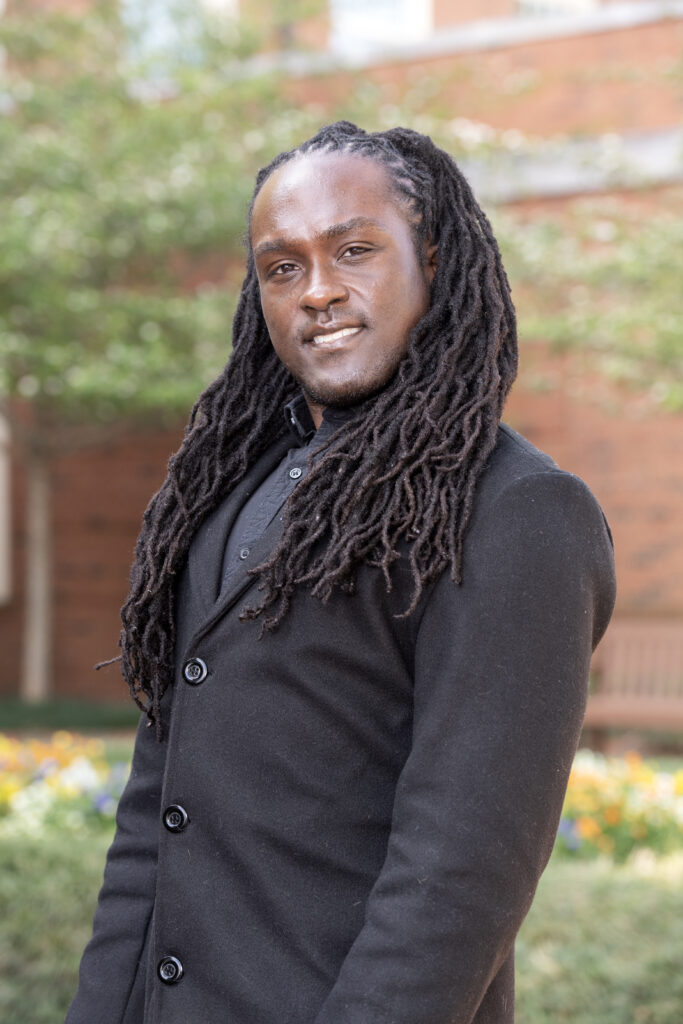
“One of the things I’m hoping to measure as an outcome is to see their engagement with local environmental organizations,” Shaul said – organizations such as Shaul’s site partner, the Greater-Birmingham Alliance to Stop Pollution (GASP) and the Fairfield Environmental Justice Association (FEJA).
“Trying to get them to be involved and hopefully join these organizations would give them much more benefit in regards to fighting back against these issues, and would also build capacity for these organizations,” Shaul said.
But first, Shaul will focus on education by collaborating with GASP to develop a video curriculum that will teach residents about the dangers and symptoms of lead poisoning and how to prevent it. A recent focus group held in the Fairfield community also revealed a need for more resources on how and where to get tested for lead poisoning. Increasing lead testing for children can help prevent permanent brain and nerve damage.
What Is Environmental Justice?
Environmental Justice (EJ) is the idea that all people and communities have the right to live and thrive in safe, healthy environments with equal environmental protections and meaningful involvement in these actions.
Lead poisoning is just one of several issues addressed in the EJ movement. Another is air pollution – a big concern for some predominantly Black neighborhoods in the Greater Birmingham area that are near heavy industry, such as North Birmingham.
According to a 2024 report from the American Lung Association, though people of color make up 42% of the overall population of the U.S., they are 52% of the population in counties with unhealthy levels of air pollution, and 63% of the residents in counties with the worst air quality.
Shaul, a South Florida native pursuing a doctorate from the University of Alabama at Birmingham’s School of Public Health, plans to dedicate their career to environmental justice work, which they believe doesn’t get the attention it deserves.
Working with GASP has been a long-time goal of Shaul’s because their mentor was Shauntice Allen, a former board member of GASP who passed away in 2023.
“I’m really glad that ASF gave me the opportunity to be able to work with GASP in a close relationship,” Shaul said.
And when it comes to environmental justice work, Shaul believes relationships are key.
Not only does Shaul’s project allow them to pay tribute to Allen and help underserved communities, but it’s also teaching Shaul how to build relationships with communities and truly understand and support those communities’ needs.
“A lot of the time when it comes to researching communities, it tends to be a very parasitic relationship,” Shaul said. “[Researchers] get what they want, and just leave the community without communicating next steps or results. This experience is helping me to develop into the type of researcher who won’t do those things. I want to be community-led in my research, rather than grant-driven.”

